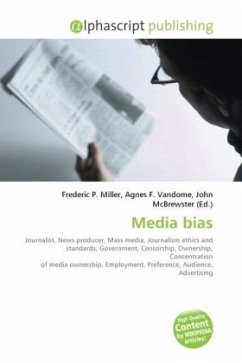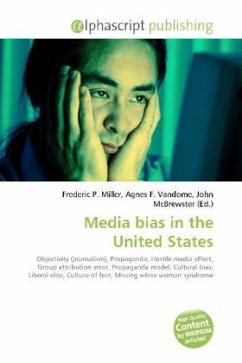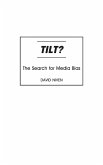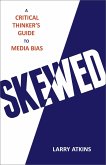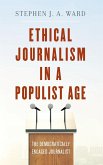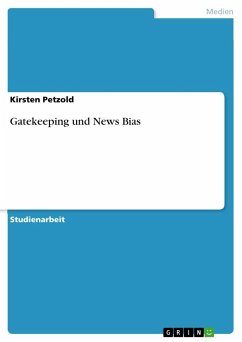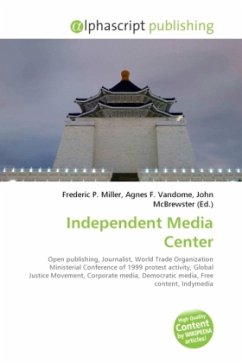High Quality Content by WIKIPEDIA articles! Media bias refers to the bias of journalists and news producers within the mass media, in the selection of which events and stories are reported and how they are covered. The term "media bias" usually implies a pervasive or widespread bias contravening the standards of journalism, rather than the perspective of an individual journalist or article. The direction and degree of media bias in various countries is widely disputed, although its causes are both practical and theoretical. Practical limitations to media neutrality include the inability of journalists to report all available stories and facts, and the requirement that selected facts be linked into a coherent narrative (Newton 1989). Since it is impossible to report everything, some selectivity is inevitable. Government influence, including overt and covert censorship, biases the media in some countries. Market forces that can result in a biased presentation include the ownership of the news source, concentration of media ownership, the selection of staff, the preferences of an intended audience, pressure from advertisers, or reduced funding due to lower ratings or governmental funding cuts.
Bitte wählen Sie Ihr Anliegen aus.
Rechnungen
Retourenschein anfordern
Bestellstatus
Storno

